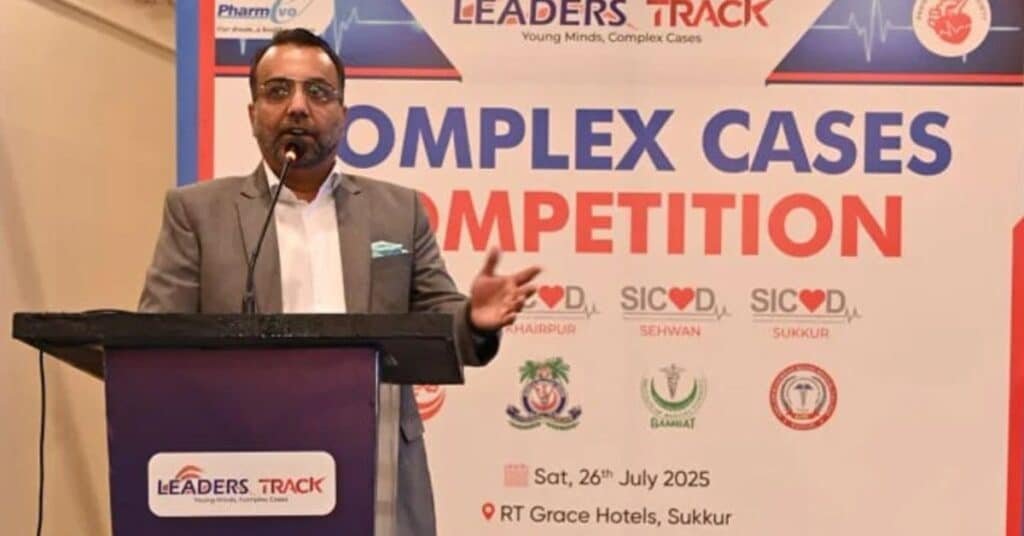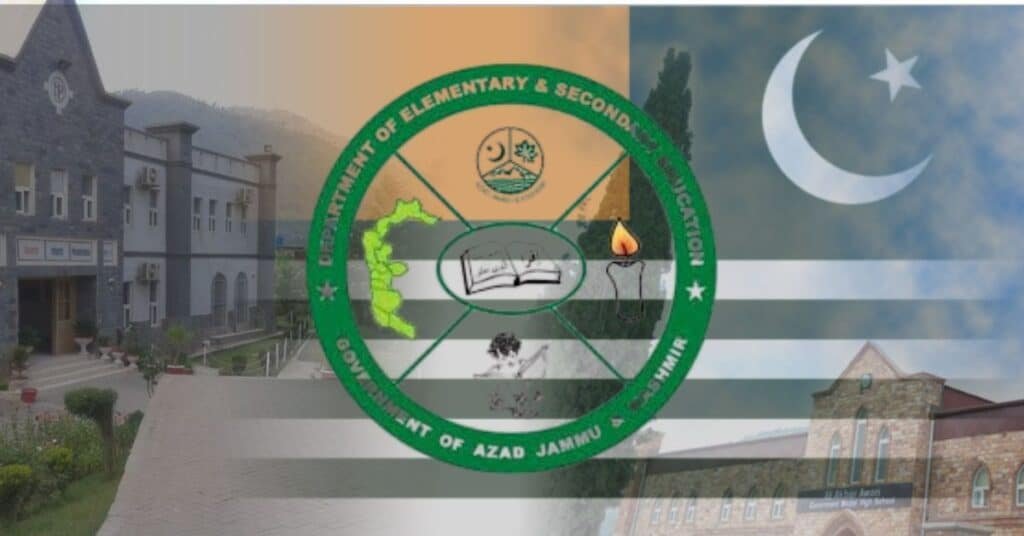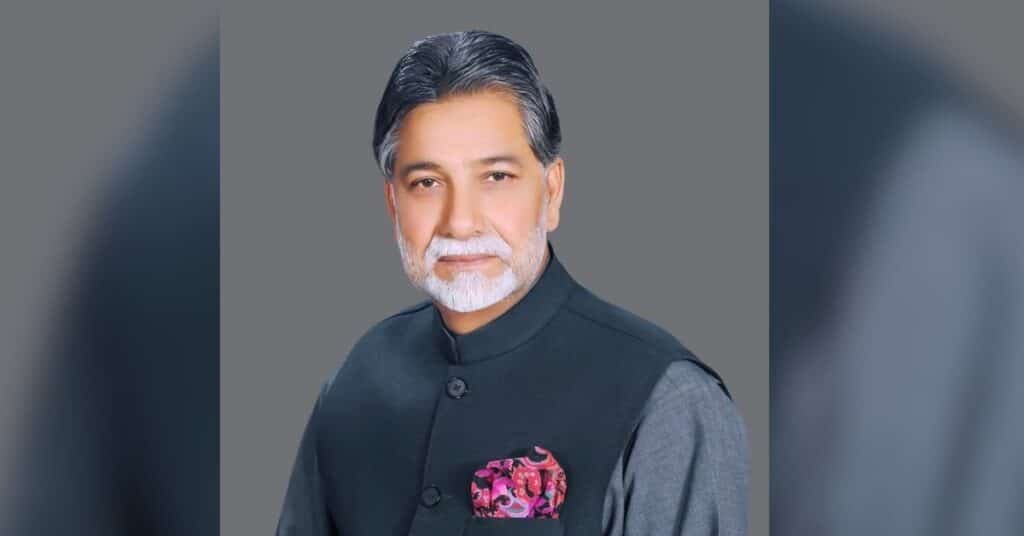SUKKUR (Kashmir English): Cardiovascular disease has emerged as the leading cause of deaths in Pakistan, making up almost 30 percent of the total fatalities, according to media report on Monday.
It said cardiovascular issues claim nearly 400,000 lives annually, accounting for over 30% of all fatalities.
Alarmed by the rising crisis, health experts and policymakers have called for urgent, countrywide reforms to prioritise prevention, early detection, and equitable access to care, particularly in underserved areas of the country.
“Pakistan is facing a cardiovascular emergency. What’s more concerning is the increasing number of patients in their 30s and 40s presenting with advanced coronary artery disease,” said Dr Raj Kumar, President of the Pakistan Cardiac Society (PCS).
“This is not only a public health challenge but a national development issue — a sick workforce cannot carry the nation forward”.
Dr Kumar said that sedentary lifestyles, smoking, poor nutrition, uncontrolled diabetes, and lack of awareness about heart health are key contributors to the worsening scenario.
He underlined the need to shift from reactive treatment models to proactive prevention, starting with professional training and widespread public health education.
The call to action was made during the PCS “Leaders Track” session held in Sukkur, an advanced academic event organised in collaboration with Pharmevo — a pharmaceutical company.
Cardiologists, physicians, trainees, and students from across Sindh got together to discuss complex cardiac cases, diagnostic strategies, and region-specific challenges in heart care delivery.
Shortage of trained cardiologists in peripheral areas, coupled with delayed diagnosis and limited access to advanced procedures are a major barrier to improving outcomes, according to Dr Kumar. “We must educate not only our patients but also healthcare providers — and that’s the aim of Leaders Track,” he said.
Interactive learning on interventional cardiology
The session featured detailed case presentations, multidisciplinary panel discussions, and interactive learning on interventional cardiology, diagnostics, and treatment protocols.
Coordinator of the PCS Larkana Chapter, Dr Syed Fayyaz Mujtaba, said such academic activities in smaller cities were crucial for bridging the knowledge gap. In his closing remarks, Dr Kumar emphasised the need for sustained action.




